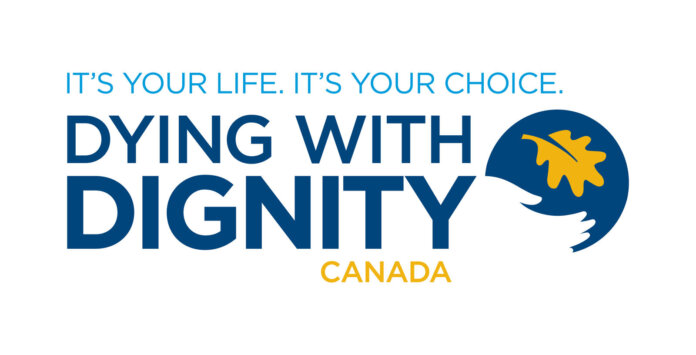The following Opinion/Column piece was submitted to us by Helen Long, CEO, Dying With Dignity Canada.
(The opinions expressed in this piece do not reflect the views of the Laker News.)
On March 17, 2024, individuals in Canada whose sole underlying medical condition is a mental illness will become eligible for medical assistance in dying (MAID).
The legislative path to this inclusion to our MAID law is complex, but ultimately came to be because excluding people from being assessed for MAID based on their diagnosis is discrimination and breach of the Charter of Rights and Freedom.
After Bill C-7 passed in 2021 to include those whose deaths are not reasonably foreseeable, the government put in place a 24-month sunset clause on MAID for mental disorders to prepare for the change in the law. This was extended another 12 months in March 2023.
There have been three productive years of preparations, and the necessary steps are complete.
This includes the development of the Model Practice Standard for clinicians, the accompanying Advice to the Profession document, the release of the first nationally accredited Canadian MAID Curriculum, and extensive work by provincial/territorial health services and MAID coordination teams across Canada.
The Model Practice Standard has been in the hands of clinicians since March 2023. A national MAID MD-SUMC preparatory workshop with delegates from every province and territory, and a national system readiness workshop to share knowledge about administrative processes have both taken place.
The MAID Curriculum has been offered numerous times to clinicians across the country. The work to prepare has been done.
What we hear from experts is that it will be a very small number of people who have long standing treatment-resistant mental disorders who will be found eligible for MAID. Their suffering is no different from someone with a physical condition, but due to unending stigma it is so often misunderstood and minimized.
Psychiatrist Dr. Mona Gupta expressed this in her testimony to the Special Joint Committee on MAID (AMAD), “In 23 years, I’ve encountered maybe two people who would meet the criteria.”
It is important to clarify that someone in acute crisis, with depression or who is contemplating suicide could not just apply and access MAID, nor can one receive MAID on the basis of a lack of social support including housing, disability or mental health.
This is a rigorous and thorough process carried out by clinicians with care and thoughtfulness. As with all MAID assessments, requests for MAID by people whose sole condition is a mental illness will be treated on a case-by-case basis.
MAID for mental disorders is not a new practice. In other jurisdictions, including Netherlands and Belgium, they have successfully included those with mental health conditions in their physician-assisted dying laws.
In Belgium, between 2002 and 2021, 1.4% of the total number of euthanasia cases were due to unbearable suffering caused by a psychiatric disorder.
From a 2023 Ipsos poll, we know that 82% of Canadians agree that with the appropriate safeguards in place, an adult with the capacity to provide informed consent should be able to seek an assessment for medical assistance in dying for a severe, treatment-resistant mental disorder for which they experience intolerable suffering.
It is time for this change in the law; a second delay to MAID for those whose sole underlying condition is a mental disorder would be yet another denial of the constitutional rights of Canadians.
We are concerned for the individuals who live with longstanding, treatment-resistant mental disorders who have been patiently waiting for the sunset clause to end; from their perspective the stigma and discrimination continue until the sunset clause ends.
Helen Long, CEO, Dying With Dignity Canada
————————–









